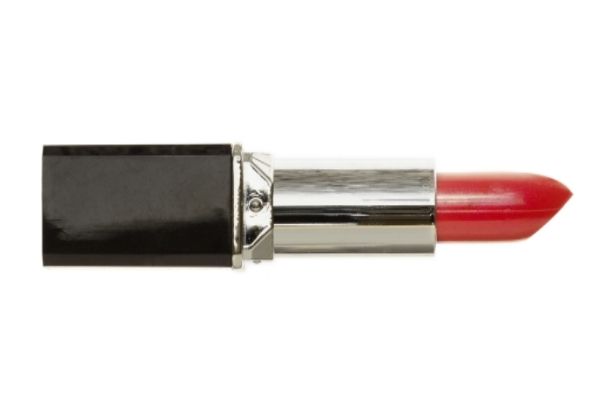If you like your lipstick you can keep your lipstick. If you like that mascara, you can keep that mascara. That is unless the New York City Council gets its way.
The City Council is considering a bill to ban the sale of “microbeads,” which is a tiny piece of plastic of five millimeters or less in size that’s added to personal care products such as toothpaste, face cleaners, body washes, and exfoliants. You’ve probably seen commercials with animation of how the microbeads are released and do wonders to smooth rough skin.
California started the ball rolling last year and now a number of states are moving to ban microbeads in products, but the problem is that New York didn’t quite get it right. The proposed ban is so expansive that harmless products may inadvertently get caught in the dragnet.
The New York Post reports:
The industry says that broad definition would include polymers that commonly appear in cosmetic products, including nail polish, lipstick, foundation, mascara and sunscreens.
“Unfortunately, the New York City Council is proposing action on cosmetics and personal-care-products ingredients well beyond plastic microbeads to a wide spectrum of ingredients that scientific research has not connected to environmental issues,” said Beth Lange, chief scientist of the Personal Care Council, a cosmetics industry group.
Cities and states across the country are introducing microbead bans, but most limit the wording to plastics “used to exfoliate or cleanse.”
Make-up wearers in NYC may want to start stockpiling their favorite cosmetics. This would not only be a nuisance for consumers, but small businesses that sell these products or service their clients with them such as at nail shops and spas it could spell disaster.
Since when did microbreads become another boogeyman? The Washington Post explains that the ban on microbeads started with researchers who claimed that the tiny beads are clogging water sources and are easily injested by fish:
According to a new study, up to 8 trillion of these plastic pieces enter aquatic habitats in the United States each and every day…
And those 8 trillion beads that make it into aquatic habitats only represent 1 percent of the total number that are being dumped each day. Another 800 trillion or so end up in the sludgy runoff from sewage plants, which can go on to pollute waterways as well.
The new study, published in Environmental Science & Technology, calls for a total ban of the scrubbers.
However, as Watchdog explains the microbeads account for a measly proportion of the world’s marine plastic debris. They make for an easy, visible target though which is perhaps why nanny state regulators think we need to be protected from them. We’ll see if New York City gets it’s facts and definitions right before this bill is passed.
Nevertheless, this is viewed as a crisis: :
“We’re facing a plastic crisis and don’t even know it,” co-author Stephanie Green of Oregon State University said in a statement.
Furthermore, the researchers say, many of the bans put in place by individual states aren't cutting it. They tend to contain loopholes allowing for "biodegradable" plastics — many of which only degrade ever so slightly before settling in for a long residence in oceans and rivers.
Sure, if microbeads are indeed harmful to the environment, we hope that that cosmetic companies develop and switch to alternatives. But in harming small businesses for a miniscule impact, backers of this legislation are giving themselves a black eye.


